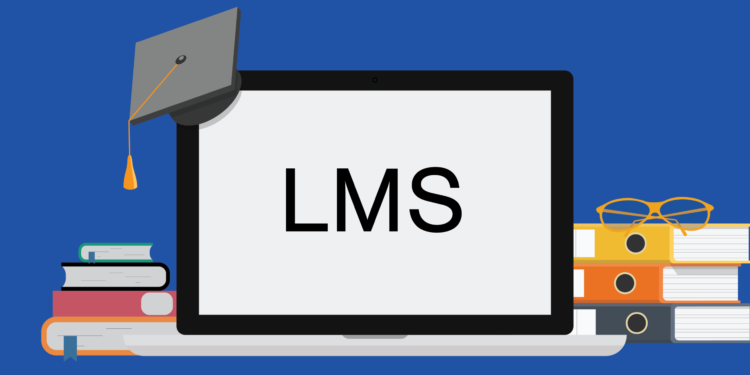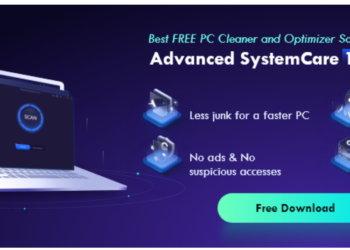As organizations accelerate workforce digitization initiatives, learning technology strategies come into sharper executive focus. Many firms realize generalized learning management system (LMS) products fail to fully support targeted skill-building aligned with strategic goals.
Custom LMS development addresses this need with the flexibility to tailor platforms to unique requirements. Several key drivers indicate custom solution demand rapidly gaining momentum through 2024:

1. Support For Competency Models
Competency models categorize essential abilities required in key job families and map professional development trajectories. Standard LMS products rarely incorporate robust competency tracking and mapping functionality which undermines talent management integration.
Custom platforms embed custom competency libraries with automated assessment and transparent scoring. Real-time visibility into group and individual proficiency gaps guides personalized development planning to strengthen mission-critical organizational competencies.
2. Optimized Content Structuring
Off-the-shelf LMS tools follow generalized content taxonomies resembling static course catalogs. Custom configuration enables enterprise knowledge to be structured, tagged, and surfaced precisely according to its contextual role and significance.

Platform personalization allows mapping this ecosystem directly to continually refined workplace activities, cementing critical connections lacking in one-size-fits-all systems.
3. Multi-Experience Delivery
While traditional LMS suites revolve heavily around conventional eLearning courses, modern workforce development recognizes learning happens continuously across multiple settings. Custom LMS architectures allow weaving in digitally-enabled experiential components like VR simulations, live remote coaching, and microlearning.
This blended deployment spectrum keeps learning constantly accessible across real and virtual environments while tight integration enables unified monitoring, support, and refinement.
4. Bespoke Assessments
Standardized LMS assessments often fail to adequately evaluate competency attainment and retention in the workplace. Custom LMS implementations support configuring personalized measurement models and instruments assessing knowledge applications.
Adaptive testing algorithms pinpoint knowledge gaps down to the sub-skill level while structured feedback loops diagnose content or delivery issues preventing efficient mastery.
5. Seamless Upskilling Integration
Narrow LMS scope that concentrates exclusively on formal learning initiatives in siloed digital environments severely restricts enterprise skill-building scalability. Custom development allows integrating open learning resources like MOOCs, microcredentials, and coaching apps directly into the platforms as amplifying upskilling components.
This interconnected framework, encompassing formal, experiential, and self-directed learning, amplified by competency analytics produces high-performance development ecosystems fine-tuned to close talent gaps.
Why Now For Custom LMS?
While employment skills training has often remained trapped in dated models and tools, competency-based continual learning has become an urgent economic priority.
Transforming enterprises requires workforce dexterity fueled by integrated technology systems scaled across the entire organization. As urgency around strategic digital transformation and talent competitiveness reaches a fever pitch in 2024, the race toward custom LMS adoption seems inevitable.
The solutions offer a structural core for enterprise learning ecosystems uniquely equipped to drive productivity through skill mastery, at precisely the time this capability becomes most essential.
Organizations able to capitalize fastest on the custom LMS advantage stand to build hard-to-match strategic positioning through amplified workforce proficiency compounding over time. The window of opportunity to leap ahead on this curve appears increasingly finite as talent management further digitizes.







